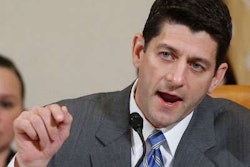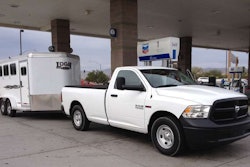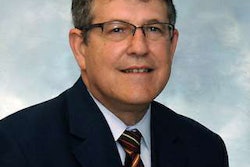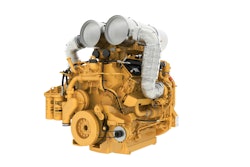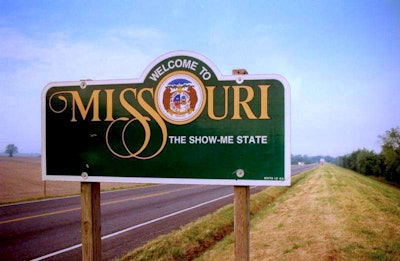
This equates to a range of roughly $1,100 to $1,500 per motorist, the group says, in expenses from operating costs, crashes, and delays.
Twenty-two percent of the major roads maintained by the state and local authorities are in poor condition, with 23 percent of the bridges being structurally deficient or functionally obsolete, according to the “Missouri Transportation by the Numbers: Meeting the State’s Need for Safe and Efficient Mobility” report.
Forty-eight percent of Missouri’s major roads are in mediocre or fair condition, with only 30 percent considered to be in good condition. Ten percent of the state’s bridges are functionally obsolete and 13 percent are structurally deficient.
“Missouri has the seventh largest highway system in the nation, but ranks 46th in revenue spent per mile,” said Roberta Broeker, Missouri Department of Transportation (MoDOT) chief financial officer and interim director. “That kind of underinvestment has consequences, including an impact to safety and economic growth. While we are committed to do the best we can with limited resources, we know the condition of our system will deteriorate without additional investment.”
TRIP tracked the motorist costs of poor road and bridge conditions for four major areas in Missouri, including St. Louis, Springfield, Kansas City and Jefferson City. St. Louis ranked the highest at $1,511 per driver. Statewide, TRIP found that additional vehicle operating expenses totaled $1.7 billion, safety-related expenses reached $1.3 billion, and congestion issues hit motorists’ pockets for an additional $1.5 billion.
Federal funding for surface transportation projects in the state accounted for $1.31 for every $1 the state paid in federal motor fuel fees between 2009 and 2013, TRIP said, emphasizing the importance for a legislation to continue and grow the Highway Transportation Fund.
The state has already enacted a financial strategy dubbed the “325 System” plan, an effort approved in February that focuses on maintenance of primary (roughly 8,000 miles) and supplementary (around 26,000 miles) routes rather than new construction for less than 25 percent of the state’s roads. The 325 in the name comes from the estimated $325 million MoDOT will have for construction projects in 2017.
“Without additional transportation funding Missouri’s transportation system will become increasingly deteriorated and congested, the state will miss out on opportunities for economic growth and quality of life will suffer,” TRIP Executive Director Will Wilkins said.




